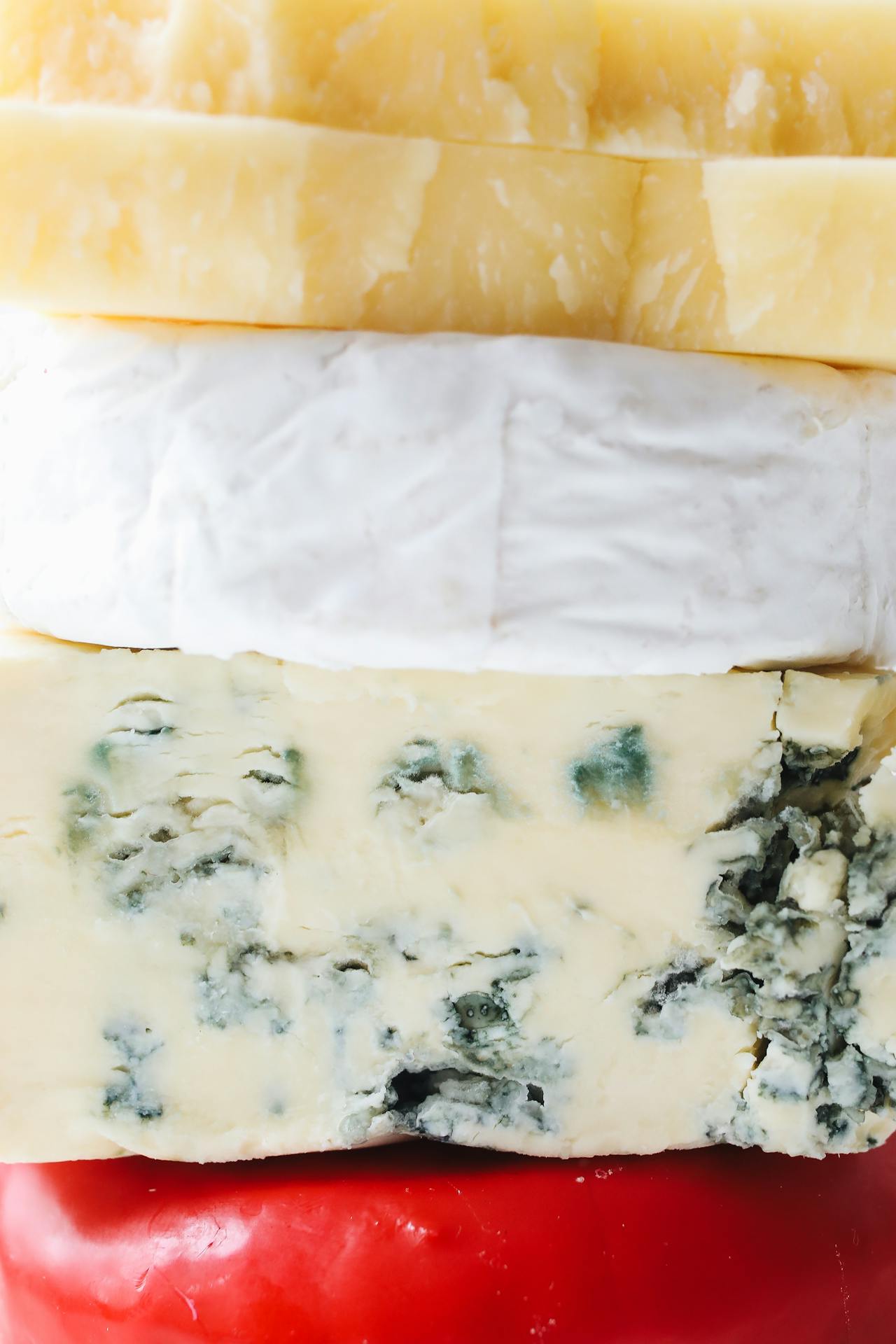Calories in ALMOND PROBIOTIC NUT BUTTER, ALMOND
Serving Size: 1 Serving (45.0g)
Amount Per Serving
- Calories 250.2
- Total Fat 21.0 g
- Saturated Fat 3.0 g
- Cholesterol 0.0 mg
- Sodium 0.0 mg
- Potassium 0.0 mg
- Total Carbohydrate 11.0 g
- Dietary Fiber 5.0 g
- Sugars 0.0 g
- Protein 10.0 g
- Vitamin A 0.0 IU
- Vitamin B-12 0.0 µg
- Vitamin B-6 0.0 mg
- Vitamin C 0.0 mg
- Vitamin D 0.0 IU
- Vitamin E 0.0 mg
- Calcium 0.0 mg
- Copper 0.0 mg
- Folate 0.0 µg
- Iron 0.0 mg
- Magnesium 0.0 mg
- Manganese 0.0 mg
- Niacin 0.0 mg
- Pantothenic Acid 0.0 mg
- Phosphorus 0.0 mg
- Riboflavin 0.0 mg
- Thiamin 0.0 mg
- Zinc 0.0 mg
Note: The nutrition information for this food comes from the USDA Food Central Database. The data from the USDA is generally pretty accurate. However, please use the data on this page at your own risk. Daily values are based on a 2,000 calorie per day diet put forth by the FDA. Actual daily nutrient requirements may be different based on your gender, age, level of physical activity, medical issues and other factors.
Ingredients
ALMOND, DRIED NONFAT YOGURT* (WHEY PROTEIN CONCENTRATE, SKIM MILK, YOGURT CULTURES [L. BULGARICUS, S. THERMOPHILUS]), COCONUT SUGAR, COCONUT OIL, BACILLUS COAGULANS GBI-30 6086, SEA SALT.Calorie Analysis
The food ALMOND PROBIOTIC NUT BUTTER, ALMOND, based on the serving size listed above, would account for 12.5% of your daily allotted calories based on a 2,000 calorie diet. The majority of the calories for this food comes from fat. Fat makes up 75.5% of the calories.Exercise Burn Time
The above food(ALMOND PROBIOTIC NUT BUTTER, ALMOND) has 250.2 Calories per 1 Serving (45.0g). For someone weighing 170 pounds, if they did the exercise Walking: 24 minutes per mile, it would take about 61.6 minutes to burn the calories. You can find more information on the calories burned doing popular exercises here.Other Food Calorie Information
- Calories In COCOA PEBBLES HYDROLYZED PROTEIN POWDER, COCOA PEBBLES
- Calories In ULTIMATE BUTTER GOURMET POPPING CORN, ULTIMATE BUTTER
- Calories In CLASSIC MOVIE THEATER BUTTER FLAVORED GOURMET POPPING CORN, MOVIE THEATER BUTTER
- Calories In TANGERINE GRAPEFRUIT COLLAGEN & ANTIOXIDANTS NONFAT YOGURT, TANGERINE GRAPEFRUIT
- Calories In CHERRY BLACK CURRANT COLLAGEN & ANTIOXIDANTS NONFAT YOGURT, CHERRY BLACK CURRANT
- Calories In HONEY ROASTED COCOA PEANUT BUTTER, HONEY ROASTED
